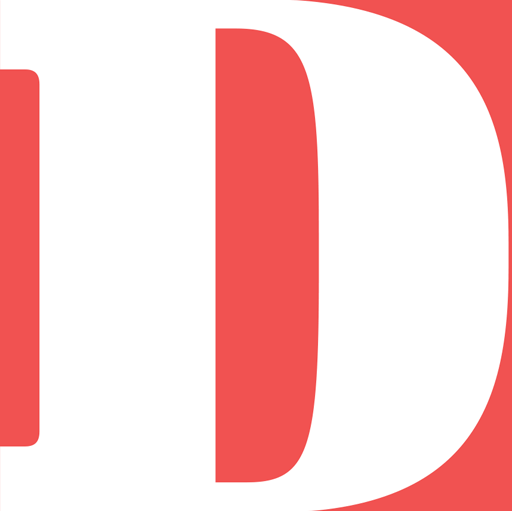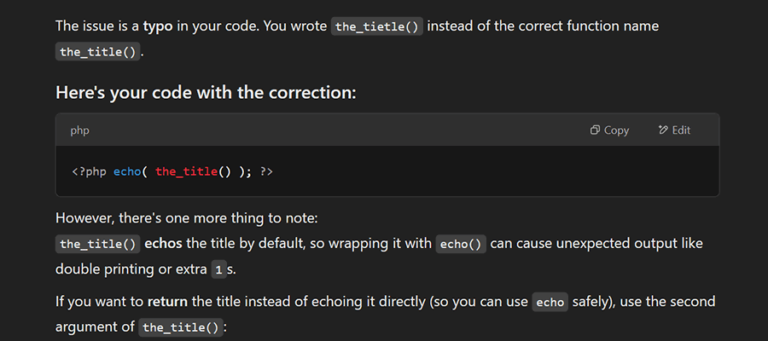
In a recent interview with Fast Company, Annie Dean, Atlassian’s VP of Team Anywhere, made it clear that the Australia-based software company’s future is distributed.
Dean was a proponent of flexible work long before she came to the company known for collaboration tools like Trello and Jira, but in the years before the pandemic, her point of view just wasn’t catching on. Even in the early weeks of 2020, Dean was doubting whether remote work would ever catch on:
“You have to think about where we were. CIOs did not have Zoom links in calendars as a matter of default. People were still largely working shoulder to shoulder at that time.”
The COVID pandemic and its subsequent periodic spikes changed everything, obviously. After a stint at Deloitte and then becoming Meta’s first Head of Remote Work, Dean moved to Atlassian, where she’s working to help the company transition to what she calls a “distributed-first model.” Interestingly, that work includes a team of researchers who are investigating “distributed work pain points and solutions—and how we might solve that for ourselves and for the industry at large.” (We’ll certainly be paying attention to their findings!)
As with every company wrestling through the pros and cons of having a distributed workforce, Atlassian and Dean are trying to understand productivity. The ultimate question for them is simple: do employees get more done in the office or out of it?
Of the countless answers I’ve seen in response to this question, Dean’s is the most cogent:
“What I can say is that when we look at the challenges at work today, I think it’s pretty well accepted that our greatest challenges have to do with distraction, the lack of ability to focus, the fact that we can’t prioritize important work fast enough because we’re letting our calendars dictate on time. And when you look at those as the key problems and impediments to productivity, fixing where we work is not the answer to any of them.”
Entrenched work cultures are hard to overcome; Dean readily admits that “the status quo is a powerful thing.” But she and her team, like many of us at Automattic, are in a unique position to push back against it. As distributed employees of distributed companies, we’re able to advocate for the tactics that have helped us find success—even if that model isn’t yet the norm.
Check out Dean’s full interview—which is well worth your time—over at Fast Company (subscription required).

